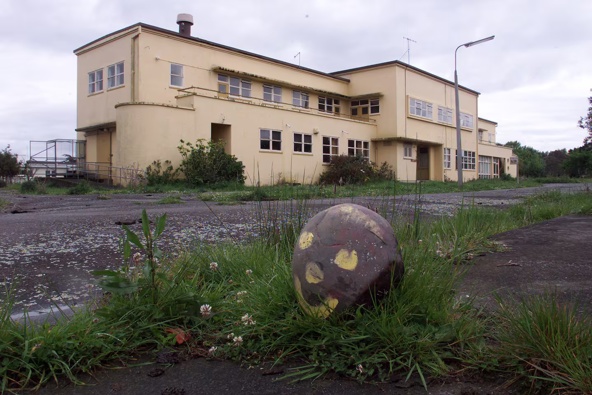OPINION
Yesterday was a black day in New Zealand history.
If you were anything like me, you sat there and watched and read the most horrific stories of abuse in state and faith-based care, struggling to believe this abuse happened in New Zealand.
The Royal Commission of Inquiry into Abuse in Care is a volume of horror.
The report describes the abuse as a national disgrace that will remain a stain on our national character forever.
It found fault with successive government ministers and departments as well as police, schools, and a range of religious organisations.
The highest rates of sexual abuse were reported at Dilworth School, Marylands School in Christchurch and across the Catholic Church. There were reports of abuse against a massive 14% of all clergypeople over the period the report covered.
But it was so much more widespread than that. The report estimated of the 655,000 New Zealanders in care between 1950 and 2019, 30 per cent or 200,000 were abused and many more neglected.
The true number of survivors could be much higher.
The memories are horrific.
In some cases, carers went to extremes to inflict as much pain as possible. Electric shocks, violence and sexual harm was common.
Then there’s the harm from vulnerable children simply being ignored, seen as less than others and shown no love.
In one example, staff at the Kimberley Centre in Levin, which ran for 61 years, took payment to allow outsiders to come in and rape young people in the centre's care.
Then there are the youth boot camps, where a gun was brandished in front of young boys who were then raped. Eighty per cent were Māori.
There are too many stories to even scrape the surface. All of them are horrific. All of them make you feel sick.
All of them should explain why people who grew up in care went on to commit crime, join gangs, use drugs and display violence more than those who weren't exposed to such harm.
Then there’s the abusers.
The abusers were respected community members. They were unskilled workers and caregivers. They were educated professionals like teachers and medical staff including psychologists and psychiatrists. They were religious leaders. They were men and they were women. They were young and they were old.
They were horrific people who committed horrific crimes, and most of them were never held to account.
One survivor said they felt dirty, they felt incredibly vulnerable, and they thought if they spoke out they would be killed by their abusers.
This is the power the abusers had.
There were 138 recommendations from the report, including calling for apologies from the government, the Pope and the Archbishop of Canterbury.
Prime Minister Christopher Luxon said yesterday was a dark and sorrowful day in NZ's history.
He said he couldn't take away the pain but, but told survivors he believed them.
The Minister responsible for the report Erica Stanford said the abuse destroyed lives.
She mentioned the stories of the unwed mothers who were deliberately underfed because the staff wanted to have easy births and small babies.
The mothers were then drugged up and had their children taken. They never got to hold them.
She says it will take time to work through the report’s recommendations and options for redress. And that’s where our minds turn today. What are the next steps?
A formal apology in November aims to provide more clarity on the next steps, but the focus now has to be on two things.
One; redress for everything that happened. And two; a proper plan to ensure something like this never happens again.
The most horrific part of the story to me is that so many people in positions of power knew this was going on. Yet no one spoke up.
No one cared enough to help people who were suffering. The abuse continued for decades.
Name them shame them now.
LISTEN ABOVE
Take your Radio, Podcasts and Music with you










